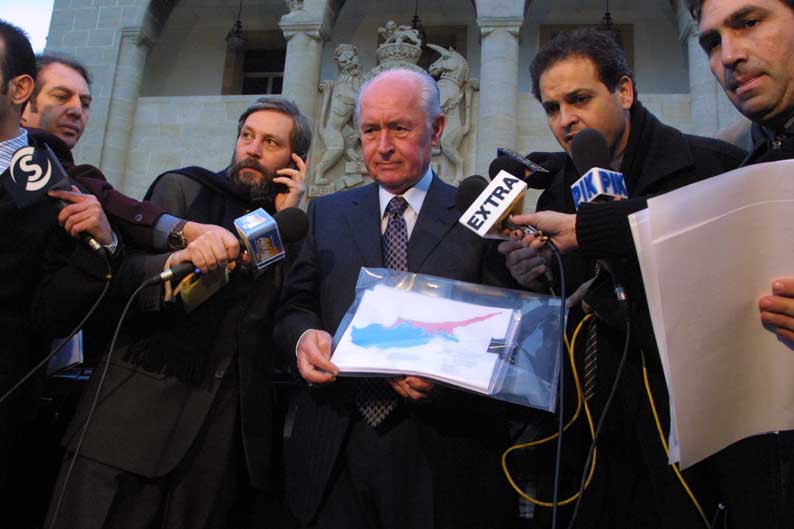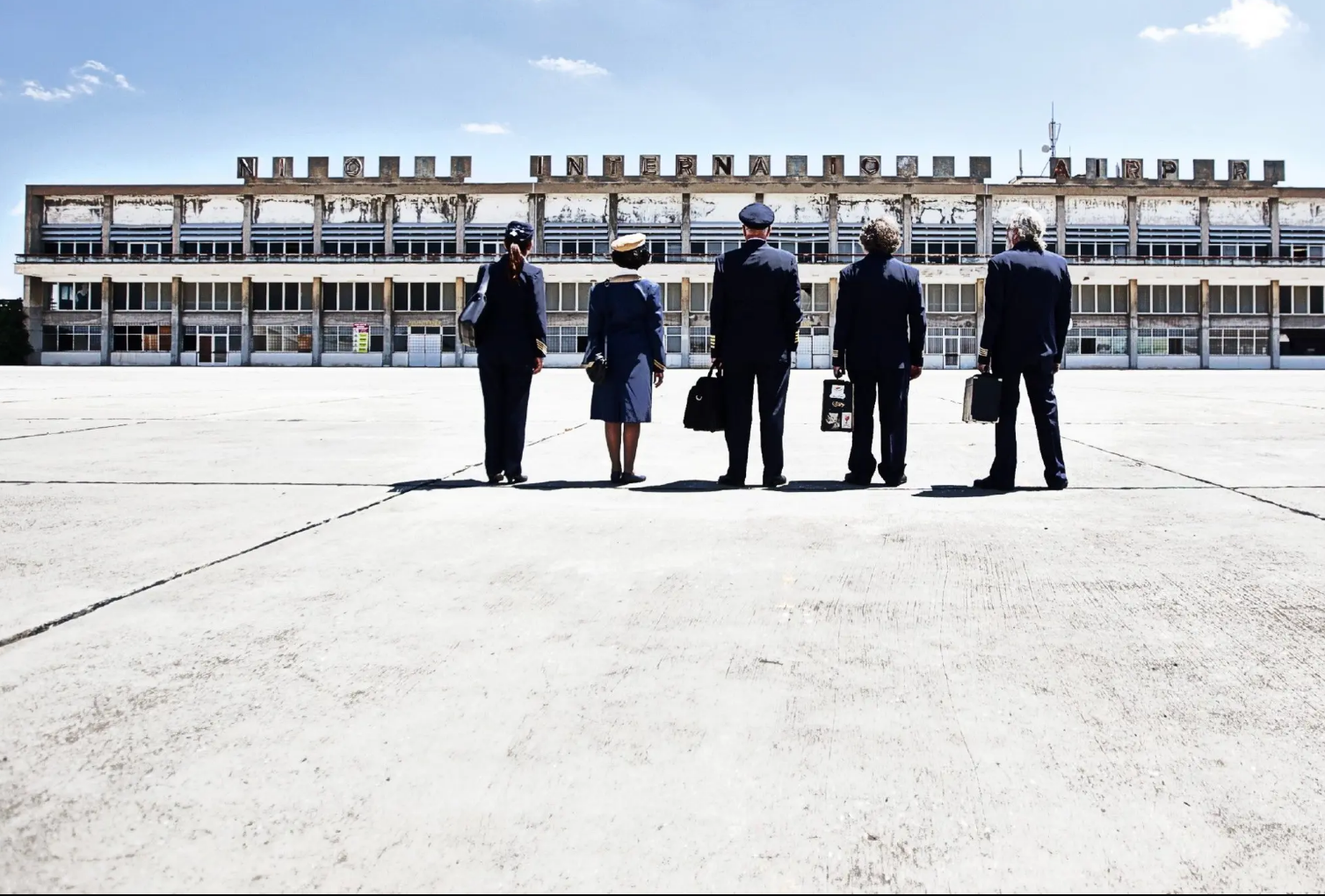There was no testimony linking the granting of citizenships with donations made to Disy, concluded the independent authority against corruption after its investigation of accusations made by Akel deputy Christos Christofides. The accusations were against 13 foreign nationals who were issued Cyprus passports and had allegedly made monetary donations to Disy, personally or through companies they were the owners of.
The authority’s report said there was no testimony to support the claim that the citizenship of the people under investigation was granted as a direct result of promises made to public officials through the donations to Disy. There was no suggestion of the commitment of offences of corruption, said the report, thus laying the matter to rest. More than three years were required for the authority’s investigators to reach this conclusion, which seems like an excessive amount of time.
Christofides blamed the “excessive delay” in carrying out the investigation, for the failure to document the case; from the filing of the accusations to the publication of the findings it took three years and three months. The passing of time “substantively, undermined the capability of documenting the case, said Christofides, who also criticised the Transparency Commissioner’s “public insistence that Mr Anastasiades is not under investigation” when the allegation “was clearly” linked to the former president.
All these concerns were raised at the time by Christofides, who believed the fact that the report found no evidence of criminal offences “does not mean that the blatant conflict of interest ceased to exist.” These are legitimate points, although Christofides could also be criticised for wasting the anti-corruption authority’s time with a case of conflict of interest that could not be documented as a criminal offence.
The problem for the authority is that it is very difficult to refuse to investigate allegations of corruption. It has done so in some cases but could not do so when the allegations are made by an opposition politician. If it refused to investigate Christofides’ allegations it would have been accused by Akel of protecting or covering up for Nicos Anastasiades, who had set up the authority and appointed the Transparency Commissioner who runs it.
Unfortunately, the authority is proving a big waste of time that will do very little in eliminating corruption, which was presumably the reason for its establishment. It is a toothless body which can investigate allegations reported to it and issue verdicts that are not actionable. The case would still have to go to the attorney-general who will decide if a criminal investigation is justified and ask the police to question witnesses.
It is extremely difficult to understand the role of the independent authority against corruption. The only plus is that it undertakes investigations that would not be touched by the state authorities. But these investigations, which could take as long as three years to be completed carry no legal weight, so what is the point of having them? There must be a more effective and efficient way of investigating corruption allegations.







Click here to change your cookie preferences